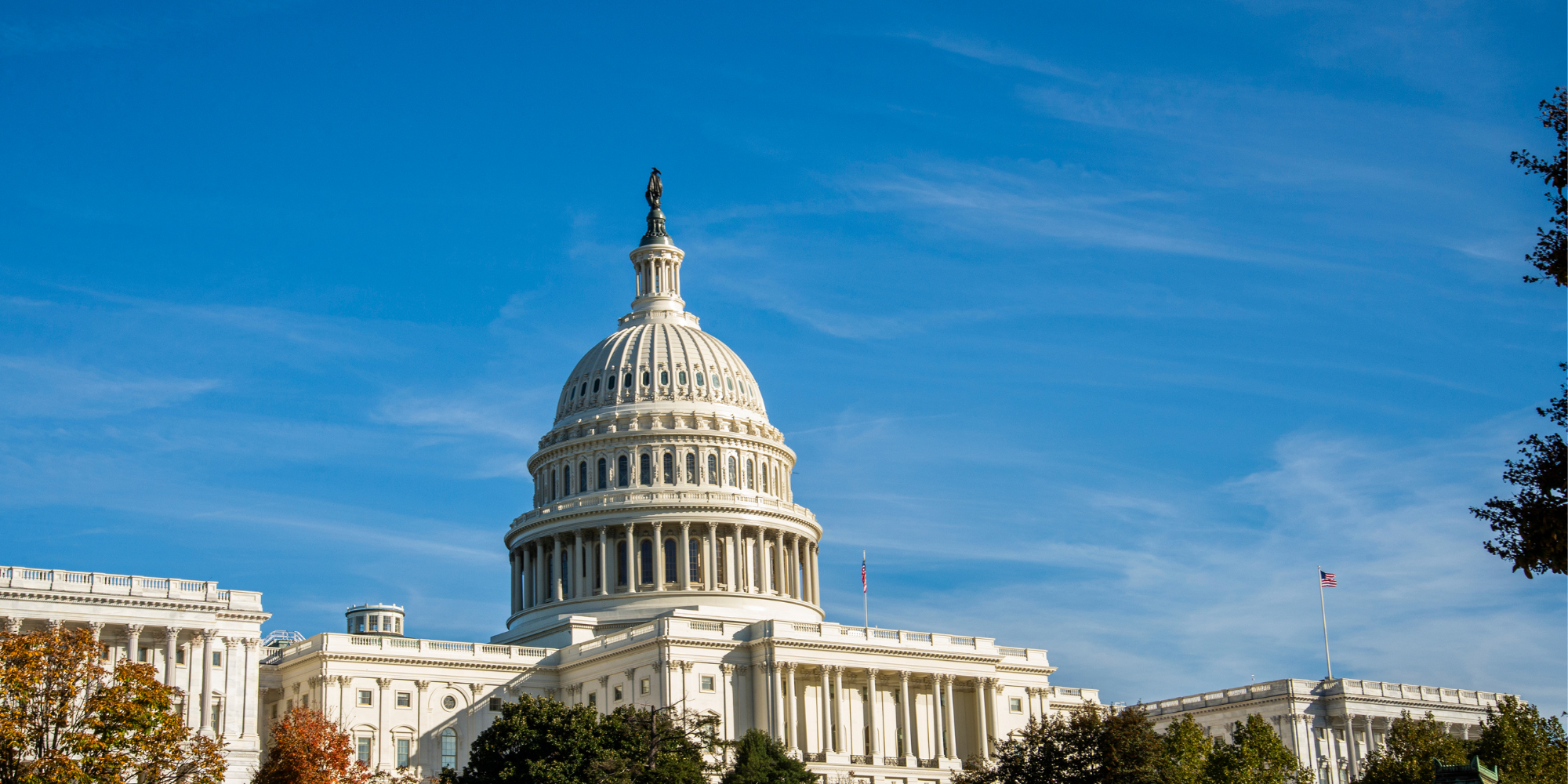Click here for updated information on this legislation as of 12/15/22.
As Congress prepares to pass the annual National Defense Authorization Act (NDAA), local governments should be aware of a provision that may have a negative impact on their operations through the imposition of a new unfunded mandate. Senators Mark Warner (D-VA) and Mike Crapo (R-ID) are pushing to attach a new piece of legislation to the mandatory end-of-year defense bill titled the “Financial Data Transparency Act of 2022” (S. 4295). This provision would establish new financial data standards that would apply to local governments.
Trying to Fix a Problem that Does Not Exist
The Financial Data Transparency Act of 2022, as introduced by Senators Warner and Crapo, seeks to fix a problem that does not exist. Local governments have long demonstrated that they provide transparent and accountable financial reports to investors and the market. This bill seeks to establish a uniform standard of financial reporting that encompasses many different types of issuers, including states, cities, counties, water systems, public power providers, public gas providers, hospitals and more.
The Problem for Local Governments
As written, the introduced legislation would require local governments to come into compliance with the new financial reporting standard by 2027. Changing the current financial reports issued by local governments would mean the potential loss of valuable information contained within current financial reports that not only benefit the local government as an organization.
Additionally, the transition to a new system of reporting financial standards will require resources—consultants, software, and reconfiguring municipal financial systems to account for the new reporting standards. This costly adjustment would fall on the backs of local governments as they work to comply with the new standards by 2027, with no financial support from the federal government.
How a Financial Transparency Bill Gets Attached to a Must-Pass Defense Bill
Congress has a few items that it must pass each year. These include, among others, a bill authorizing federal government spending as well as a must-pass defense spending bill (the NDAA).
Every year the NDAA becomes a “Christmas tree” piece of legislation to which Members of Congress attach unrelated pieces of legislation that fall within their legislative agenda or priorities, knowing that the NDAA must get passed. This year, the Financial Data Transparency Act of 2022, is an example of an unrelated piece of legislation that Senators Warner and Carpo are trying to attach to the NDAA.
Where We Stand Now
The House of Representatives passed a version of the Data Transparency Act by attaching to the house draft of the NDAA. Now, Senators Warner and Carpo are eyeing a similar tactic.
The Senate is unlikely to take up the NDAA before December, providing local leaders time to get involved and oppose the attachment of the Data Transparency Act. Members of Congress are only going to be in Washington, DC for a couple of weeks to pass a few small items, as well as a bill to keep the government funded until the middle of December. After this business is attended to, Congress will recess and allow members to go home and campaign.
How To Take Action
Now is the time to call and email your senators. They need to hear from local leaders about how this imposition of a new financial standard will be costly, time-consuming and create an unfunded mandate on your government. We need you to urge them to keep this provision out of the NDAA.
Get Involved
Use our recommended script and call your Senator to STOP the passage of an unfunded mandate for Local Governments.









